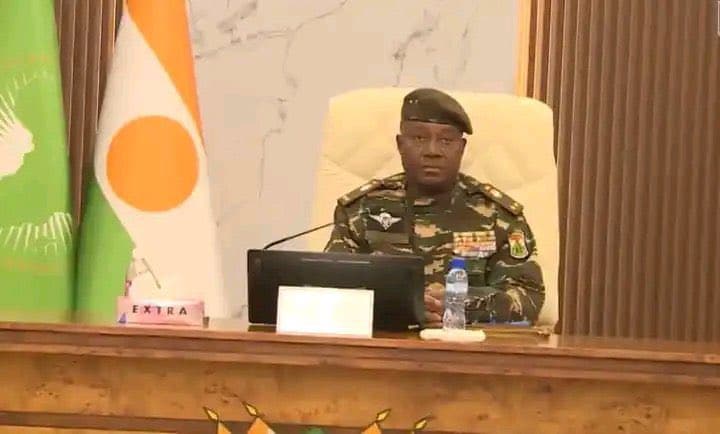
The military-led government in Niger Republic has taken a decisive step in distancing the country from its colonial past by officially designating Hausa as the new national language, replacing French, which had historically held the status of the official language since the colonial era.
This significant change was announced through a national charter published on March 31, and circulated via a special edition of the government’s official bulletin. The document declares, “The national language is Hausa,” while identifying English and French as the nation’s working languages.
Hausa, already widely spoken across Niger, particularly in regions such as Zinder, Maradi, and Tahoua, has long served as a cultural and linguistic backbone for the nation’s estimated 26 million citizens. An overwhelming majority of Nigeriens communicate in Hausa, whereas French, introduced during colonial rule, is spoken by only around three million people, or roughly 13 percent of the population.
In addition to Hausa, the charter also gives official recognition to nine other indigenous languages, including Zarma-Songhay, Fula, Kanuri, Gourmanche, and Arabic, which are collectively listed as “spoken languages of Niger.”
This move further solidifies the country’s efforts to reassert its sovereignty and cultural identity, especially in the wake of strained diplomatic ties with France. The decision comes just months after Niger expelled French troops in December 2023, ending a long-standing military partnership.
Adding to the growing divide, the Nigerien government also announced its withdrawal from the Organisation Internationale de la Francophonie, a body that promotes cooperation among French-speaking nations, mirroring the role of the Commonwealth for former British colonies.
The withdrawal marks a symbolic end to decades of Francophone influence in Niger and aligns with the current leadership’s broader campaign to reclaim national autonomy in both governance and identity.
Reacting to recent developments across Francophone West Africa, French President Emmanuel Macron voiced frustration in January, suggesting that African leaders have failed to appreciate France’s military interventions.
“We had a relationship based on security, it was twofold,” Macron stated. “Our commitment to fighting terrorism since 2013 was unquestionable. I think someone forgot to say thank you. It’s okay, it will come with time.”
He added, “Ungratefulness, I know too well, is a disease that cannot be transmitted to men. But I say this for all African heads of state who have lacked courage in the face of public opinion. None of them would be sovereign countries today if the French army hadn’t been deployed in the region.”
Macron’s remarks, though aimed broadly at African leadership, reflect a growing disconnect between former colonial powers and their one-time protectorates, many of which are now taking bold steps to redefine their national identity, free from foreign influence.
Niger’s new linguistic policy is seen by analysts as not just a cultural shift, but a geopolitical statement, asserting national pride while signaling a future less tethered to France and more in tune with local realities and regional alliances.





